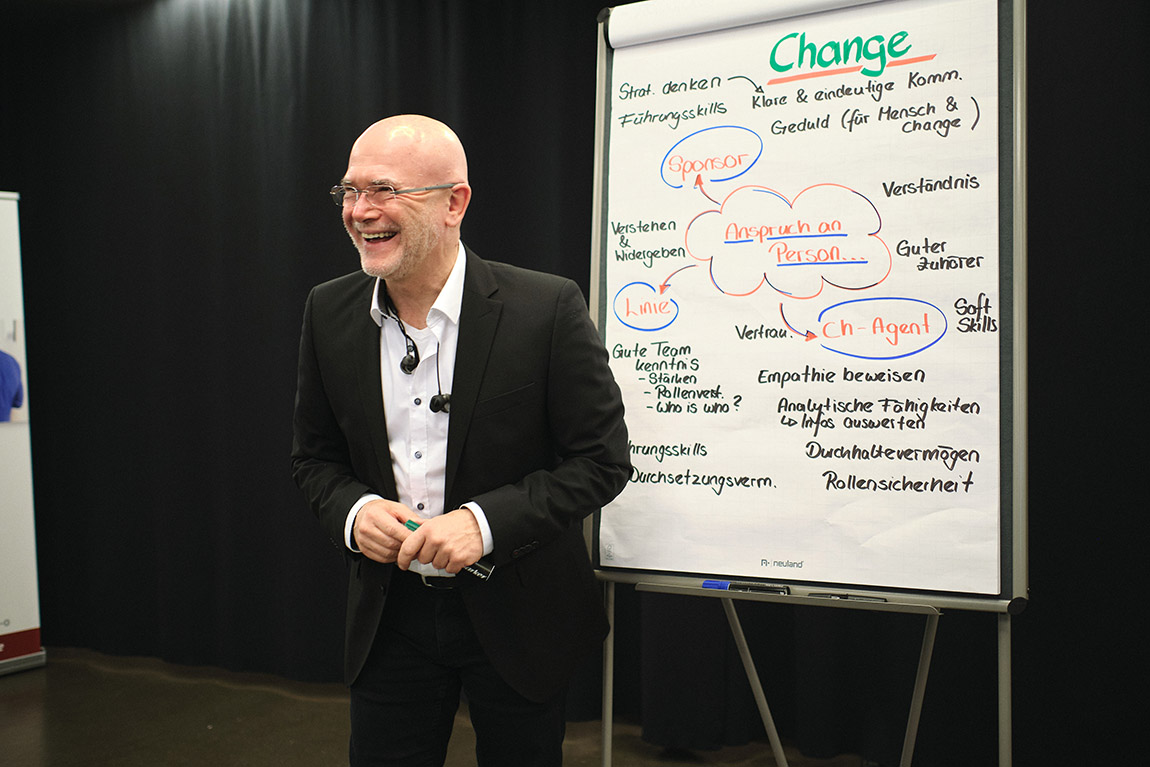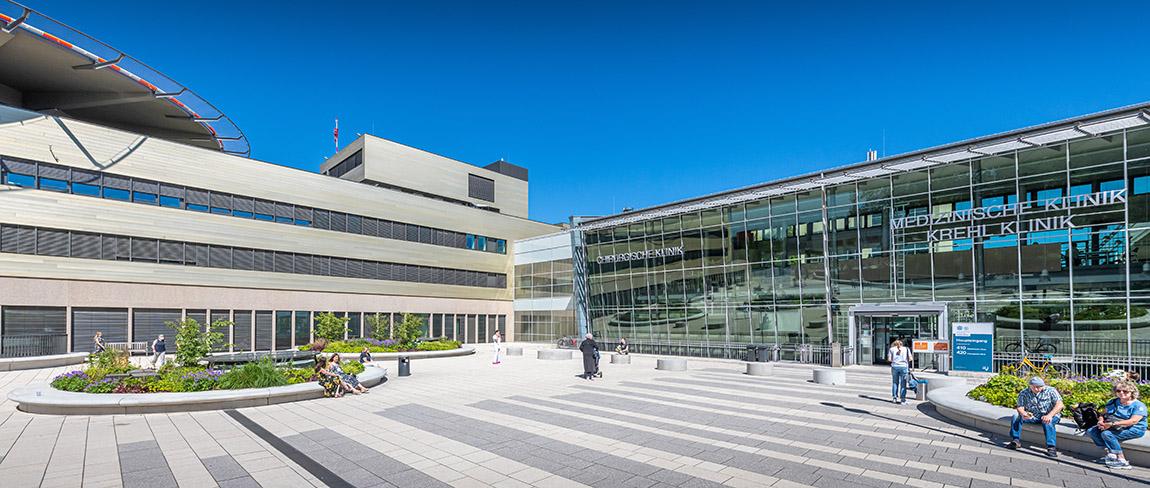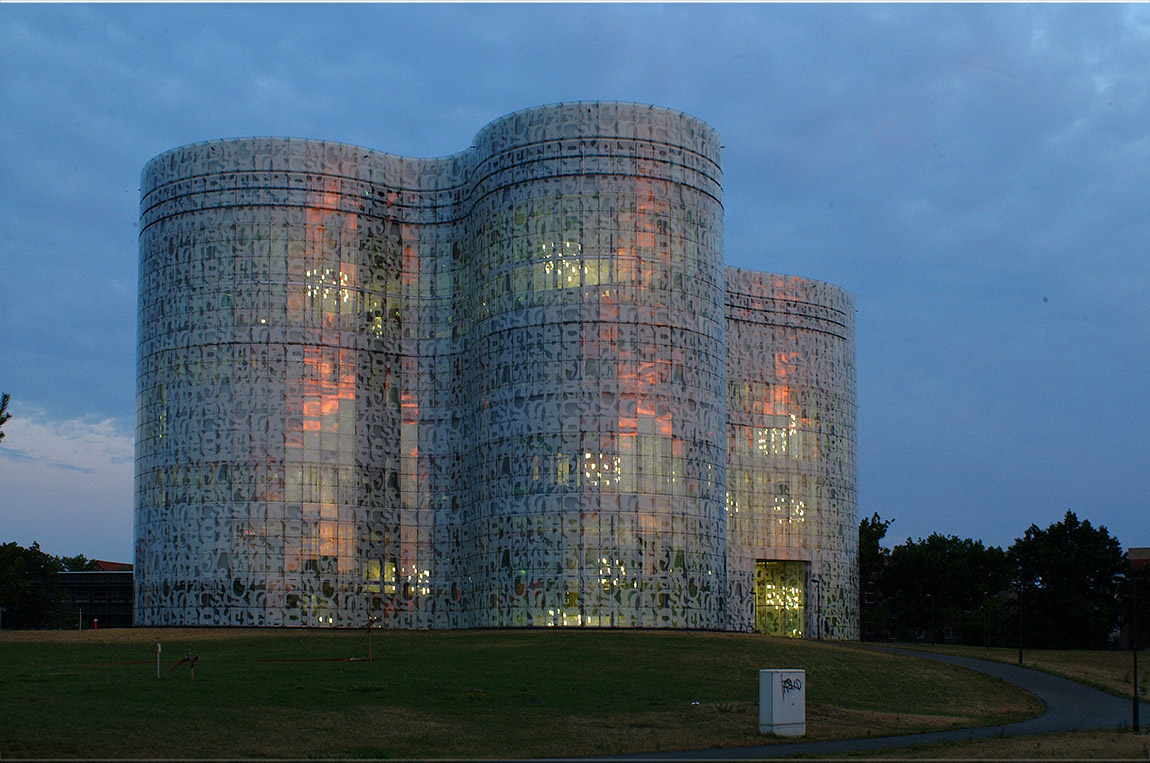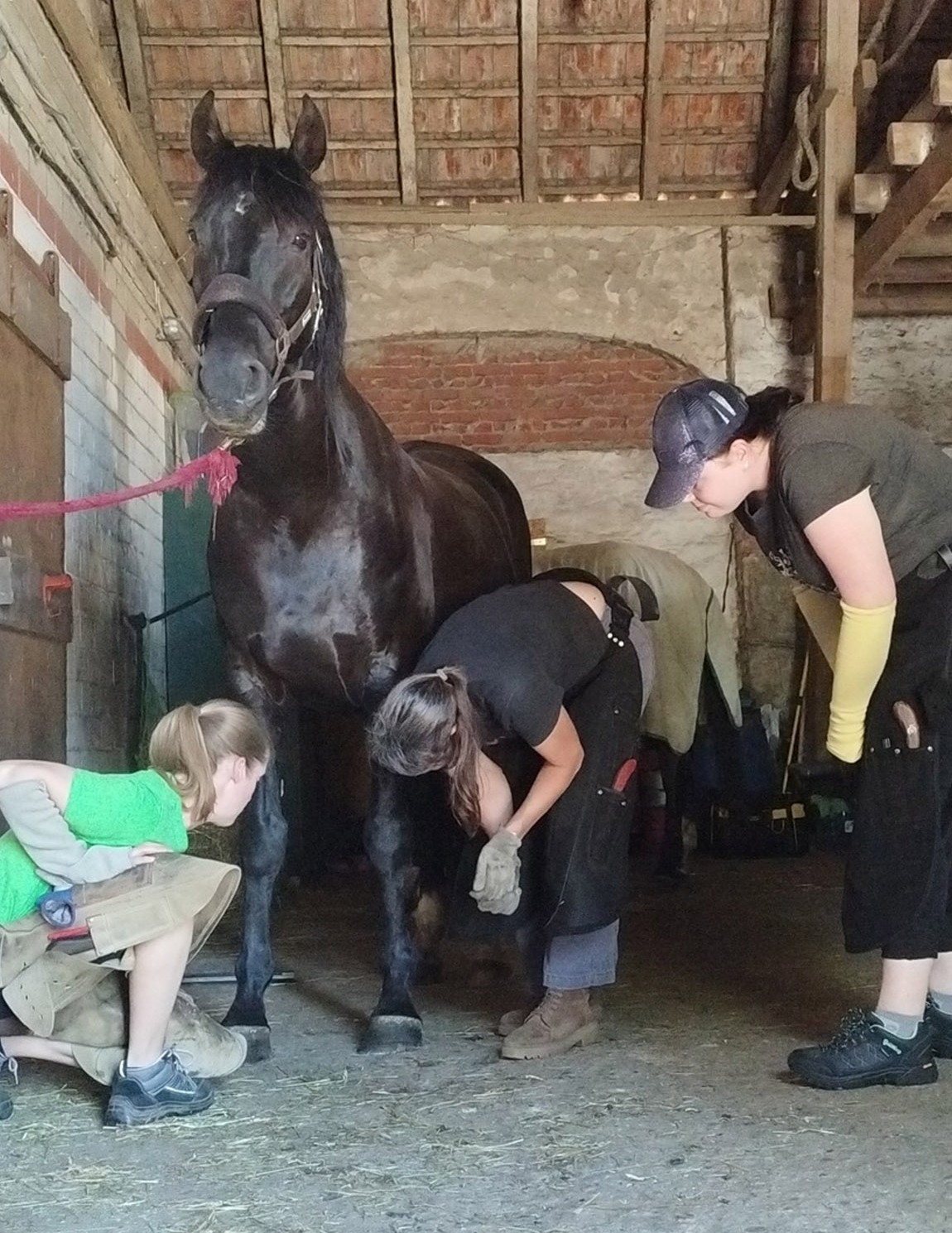Karl Landsteiner Universität für Gesundheitswissenschaften
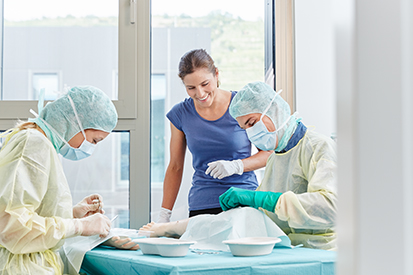
The ideal place to study medicine and psychology
TEXT: JESSICA HOLZHAUSEN | PHOTO © MICHAEL LIEBERT
With a focus on medicine and psychology, students at Karl Landsteiner private university in the Austrian Wachau region profit from small study groups, a great learning environment and an international orientation. As a small community of students, many will form professional connections and friendships that will last for a lifetime.
One of the KL University’s main goals is to advance health-related science and technology. It focuses on four study areas: health sciences, human medicine, psychotherapy, counselling sciences and psychology. The university was named after Nobel Prize winner Karl Landsteiner, who in 1901, discovered the modern system of blood group classification and the Rhesus factor – and might be an inspiration for modern medicine students: his discoveries were not only a key advance when it comes to blood transfusions, but also improved surgical techniques and forensic medicine, for example. Karl Landsteiner made his discovery in New York, but was actually born in Lower Austria.
When applying for the psychology bachelor programme, students will first have to write a letter of motivation, explaining why they want to study psychology. The KL University is looking for people who are engaged, interested in the topic – and will stick with it as a professional career. “We are educating for the market,” says Barbara Peutz, head of marketing at KL University. Only the most convincing will be invited to the second step of the selection process, an in-depth interview. “We are only taking 40 people each year.”
The bachelor programme combines psychological and psychosocial applications on the basis of scientific practice and students will gain basic knowledge in all areas of psychology including developmental, social and neuropsychology. Based on these theoretical foundations they will also acquire the relevant competences to treat patients, which they will later need in their daily professional life. Graduates of the bachelor programme have a guaranteed place on the psychology master programme. There, students will be able to specialise in either clinical psychology or work psychology, depending on their interests and plans for their professional future.
Small classes and a great community create ideal learning conditions
Small classes are one of the great advantages the university has to offer: “In our medical programmes, we currently have 360 students, which means we work in really small groups,” says Barbara Peutz. In the bedside teaching modules in the medicine master and in psychology there are no more than three students per teacher.
“We were the first university in Austria to structure the medicine course according to the Bologna model,” says Barbara Peutz. The six-semester health sciences bachelor is today taught in English and enables graduates to later study in the human medicine master programme. “This also allows students to learn German for three years while finishing their bachelor and then continue studying in the German master course,” explains Peutz. The application procedure includes a written exam, which, instead of testing medical knowledge, focuses on the applicant´s logical thinking, interpreting graphs and texts. Usually there are more than 300 applicants for the 70 available spaces. After the written test, the remaining 190 have to go through a six-step oral selection process, e.g. having to engage with actor-patients to test their communication skills and assess their moral and empathic points of view.
The KL University works together with five university hospitals and different Austrian universities to guarantee the best education possible: the Medical University of Vienna, the Vienna University of Technology, Lower Austrian hospital trust NÖ Landeskliniken-Holding, Center for Psychosomatic Medicine Eggenburg, and the University of Basel.
KL University shares its 34,000 square metres campus with the Danube University Krems, the IMC University of Applied Sciences, the Austrian Film Gallery and the Contemporary Archive, allowing students to meet people from other disciplines, make new friends and share a varied campus life. In total, 7,600 students find an ideal study and research environment on Campus Krems, as well as everything they additionally expect from their time at university, like campus sports facilities. The KL University buildings are only two years old, with labs and teaching facilities being state-of-the-art.
The university is situated in Krems in the famous Wachau region, one of the main tourist hotspots at the Danube river, famous for its wines. Only an hour’s drive from Vienna and three hours away from Munich, the area has a very young and international population with more than 15,000 apprenticeship places and five universities. Most students studying at the KL University come from Austria and Germany, but many also from Ukraine, Sweden, India, Italy, the US, or Canada.
Subscribe to Our Newsletter
Receive our monthly newsletter by email

